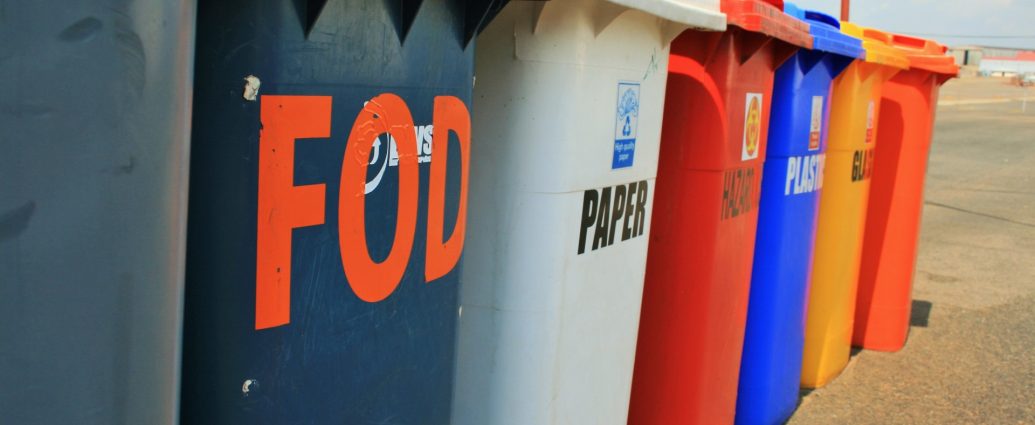Recycling is difficult for many Americans to think about. Americans lives are fast-paced and time management is highly valued in our society. Time is money, and recycling doesn’t necessarily give us either time or money. Due to this reality, we often don’t spend the time to recycle properly. It’s confusing for many Americans due to labeling, and others simply don’t put in the effort to do their part because they aren’t getting anything quantifiable out of it. Luckily, there are many companies around the world working to solve problems and get people recycling.
Recycle Across America is a non-profit that works to put standard recycling labels on all recycling bins in the United States. According to National Geographic, 91% of plastic doesn’t get recycled. A large contributor to this is inefficient recycling by the consumer. Often consumers place trash in recycling bins or recyclable containers that just haven’t been cleaned properly. Clear labeling on recycling containers has the ability to greatly increase proper recycling rates. With less public confusion, it is likely there will be more participation.
Better labeling can help people recycle who already have access to recycling, but there is still a lot of work to do to get more people recycling. People who don’t have access to recycling in America might benefit from practices that can keep them away from using recyclable material in the first place.
Zero Waste grocery stores have been gaining popularity in recent years. Zero-Waste grocery stores operate without any product packaging. Most often, customers bring their own container to fill up at the store. A small deposit for jars is usually offered and is returned the next time they go in. These stores require extra planning in that the average person doesn’t carry around jars and bottles with them everywhere they go. It will likely resort to people leaving these things in their car, in a similar fashion to grocery tote bags.
Tech companies are increasingly addressing corporate responsibility concerns. Many companies take ownership of environmental concerns, but more could be done to push some companies further. Grocery store shopping apps like Instacart, could easily implement a policy that opts for paper bags instead of plastic ones. Ride Sharing apps could provide drivers with access to cleaner cars or give incentives to drivers who use electric vehicles. Things are heading in that direction though, and consumers are increasingly choosing companies who align with their values.
We should look around the world for ideas about what works elsewhere in the world and learn from the experience of others. Companies all over the world are changing the way they interact with the natural world. Nearly all of the top 10 best recycling countries are in Europe, according to a study conducted by Eunomia. America is ranked 25th. We can learn a lot about what works there and how we may implement similar systems.
The company revive-eco in the UK is doing great work in creating an alternative to palm oil from coffee grounds. Revive eco also produces a range of other products from coffee grounds. This could work in the United States and every other country that drinks copious amounts of coffee too.
Waste to Energy Plants are implemented much more broadly in Europe than here in the United States. The CEWEP reports that countries using Waste to Energy put less waste into landfills and recycle at higher rates than the United States. Because it is commonly known that trash is used for waste to energy, recycling programs are much better at keeping recyclables out of the waste stream. In addition, the bottom ash can be used for making new products.
Let’s look to what other countries are doing well and implement what can work in our own community. Labeling our recycling better, opening up zero-waste grocery stores, figuring out ways to directly recycle new materials like coffee, and working on smart waste to energy can greatly reduce our impact and make us more efficient humans.

